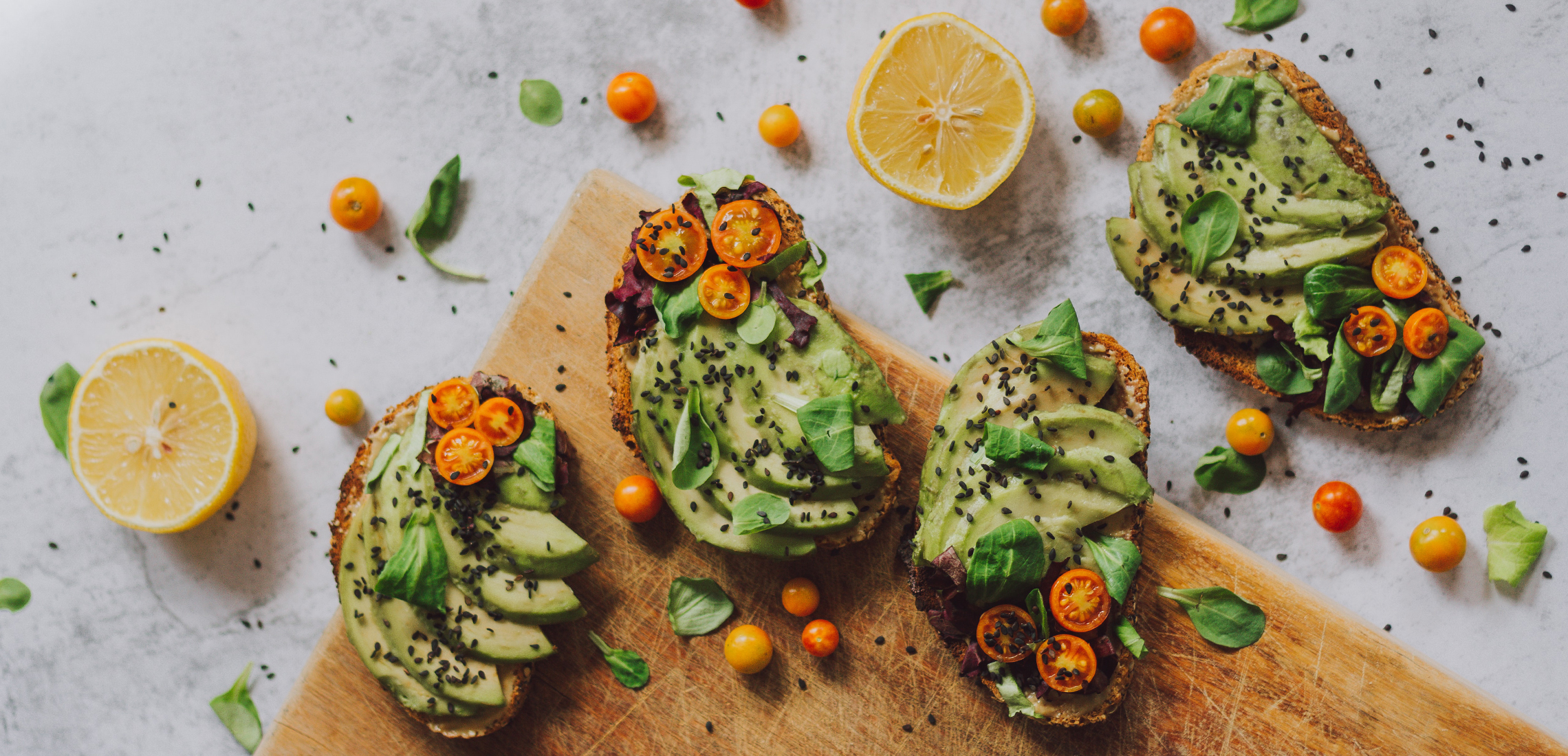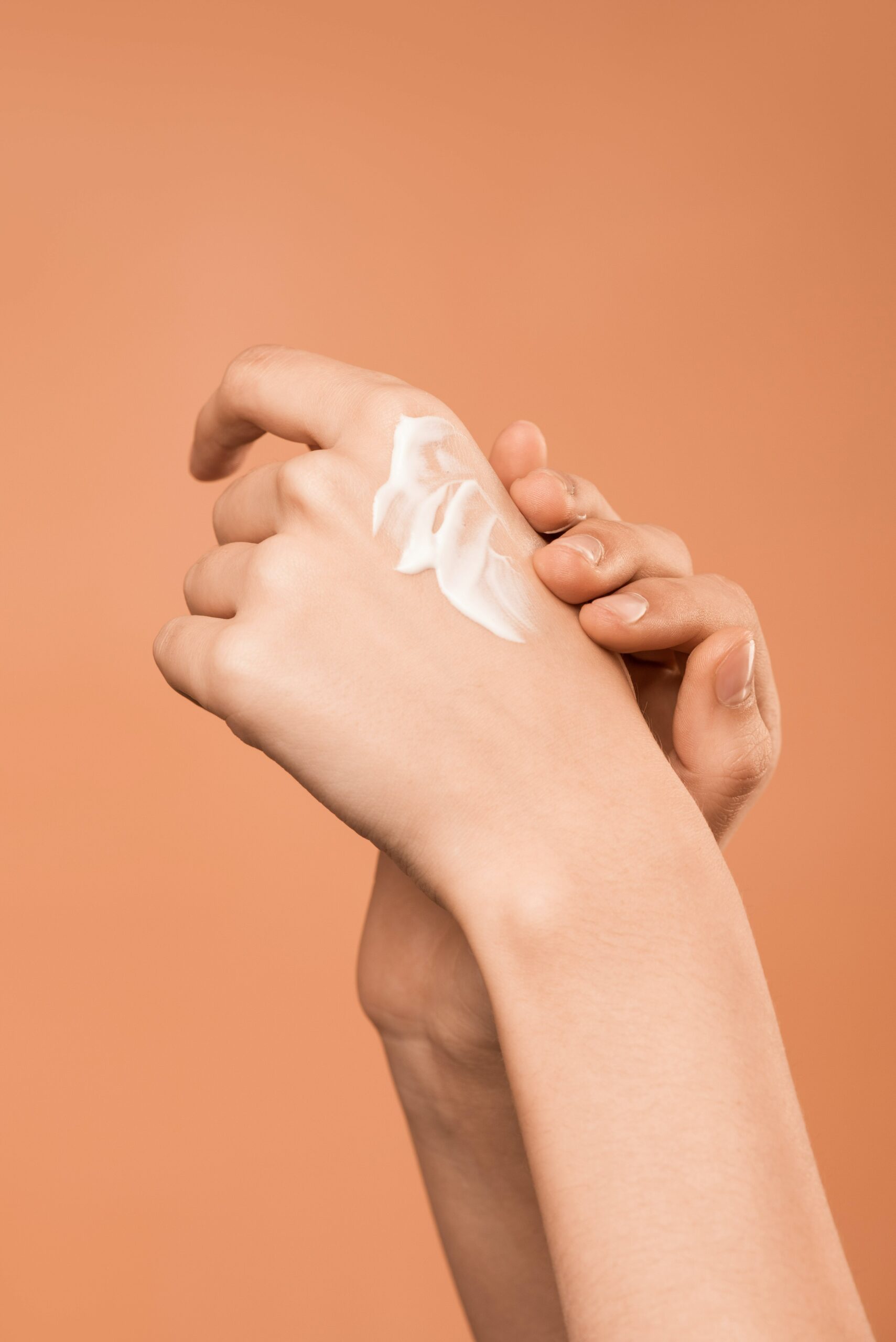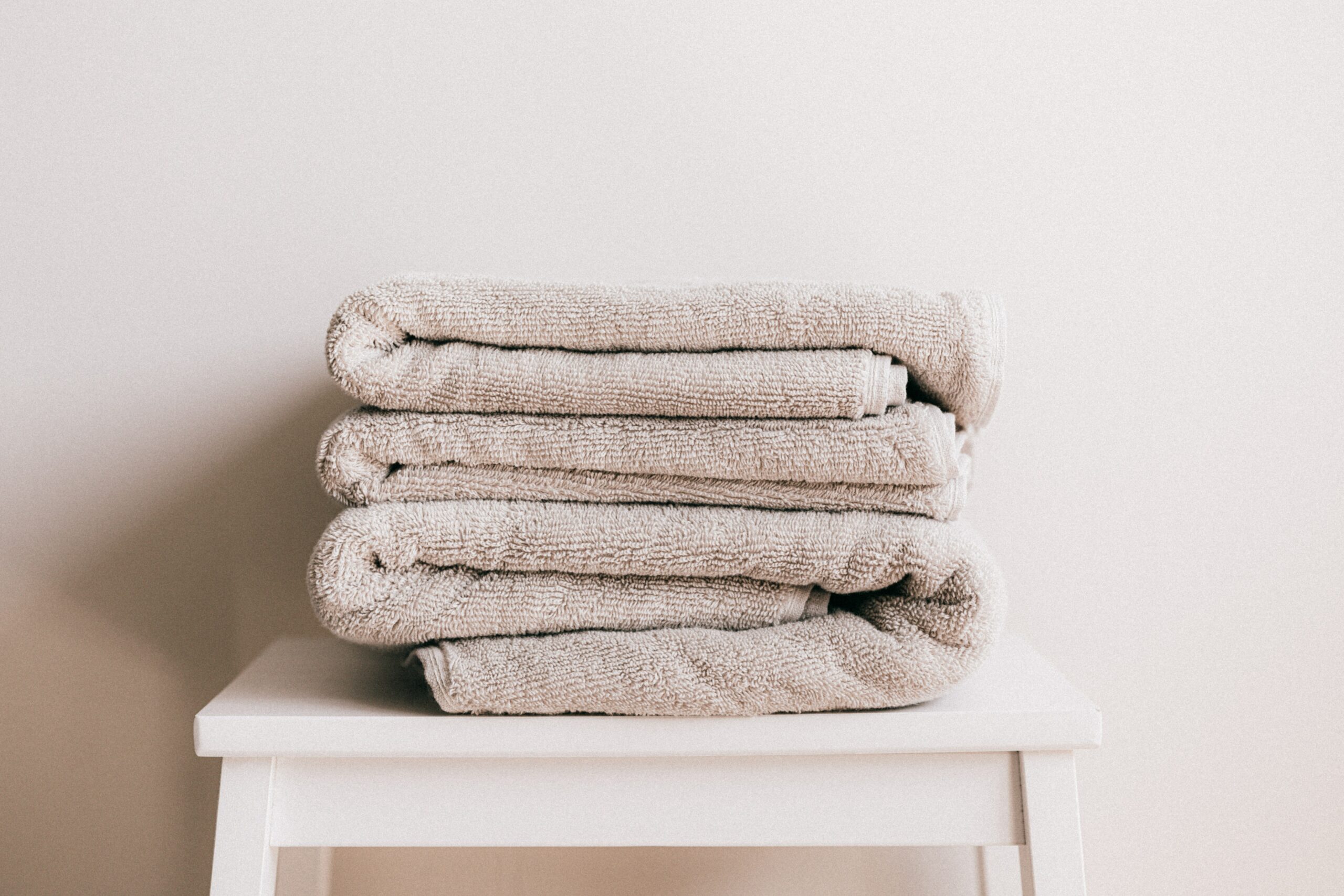
How To Repair Your Skin At Home
Your cheat sheet to superhero skin!
If you have a healthy skin barrier, then chances are your skin is thriving. However, a disruption to the skin’s barrier function can happen easily, and this is when problems can start to occur. To get the lowdown on our skin barrier, we headed to Greg Goodman – leading Australian dermatologist and founder of Script Skincare.
What Exactly Is Your Skin Barrier?
Your skin’s barrier, known as the stratum corneum, is your body’s coat of armour, and lies on the outermost layer of your skin. Its main function is to protect your internal organs, and it does this in two ways; firstly, by providing a physical barrier to the outside world, and secondly by preventing irritants and impurities from getting in.
The skin’s surface is so much more complex than most people realise – its microbiome allows certain healthy flora to flourish, while its acidity works to eliminate toxic bugs that land on its surface, all the while remaining permeable and allowing the free flow of moisture.
Do You Have a Damaged Skin Barrier?
Your skin’s barrier has so much to deal with – UV rays, pollution, stress, extreme weather conditions, the wrong skincare products… the list goes on!
All of these can compromise your skin barrier, leading to issues such as:
- Inflammation
- Dryness and flakiness
- Eczema/Dermatitis
- Rosacea
- Oiliness
- A rise in sensitivity
- Acne flare-ups
Although cause and effect can be hard to determine, once any of these skin conditions occur you know that your barrier function is compromised. Until you’ve repaired your damaged skin barrier, these symptoms won’t go away. In fact, the longer you leave your skin barrier in a compromised state, the harder it will be to repair it down the line.
Fortunately, there are several steps that you can take to repair and rebuild that barrier yourself at home.
Use a Barrier-Boosting Moisturiser
First, determine if your skin is feeling excessively oily or excessively dry – both are actually an indication of a barrier that isn’t functioning properly, and this will help you to understand what you should be looking for in your moisturiser.
Some occlusive moisturisers are fantastic for repairing a dry skin barrier – not only do they add their own physical barrier to the outer layer of your skin, but they will also stop your own natural moisturising factors from evaporating off the skin’s surface.
Humectant moisturisers are going to be better for those who are excessively oily, as they draw water into the skin without being overly rich.
Ingredients to look out for include:
- Humectants, such as hyaluronic acid, alpha hydroxy acids and glycerin
- Ceramides
- Vitamin E
- Niacinamide

Strip Back Your Skin Care Routine
Did you know that the average woman uses around 168 chemicals on her skin each day? That’s a lot for your skin to handle, especially when its barrier has already been compromised. Inappropriate skincare isn’t the only culprit here – many people place a large focus on their skincare ingredients but completely ignore their makeup, which they then spend an average of 10 hours a day in. Make sure that your makeup is an extension of your skin care and isn’t fighting against it.
Ideally, strip back your skin care routine to the basics until your barrier heals. A cleanser is a must, but make sure that it’s a gentle one that is the correct pH for your skin. Avoid soap, including liquid soaps, as they are alkaline and alter the balance of the skin’s microbiome. Avoid anything with SLS (sodium lauryl sulphate) too, which has been proven to disrupt the skin barrier.
Skip the scrubs – scrubs are designed to scrub away the dead skin cells sitting on the outermost layer of your skin. Unfortunately, they can also scrub away healthy skin cells, which is exactly what you’re trying to preserve. Try a gentle chemical exfoliant instead, such as a product containing mild AHAs (Alpha Hydroxy Acids), which also act as a humectant.
As mentioned earlier, a moisturiser is important, but active serums can really help too. Just make sure that the one you choose is packed with hydrating and healing ingredients and is right for your skin concerns.
Turn Down the Temperature
Are you a fan of hot showers? They’re a great way to relax, but hot water strips away the natural oils that make up your skin’s barrier, leaving it weak and vulnerable.
Don’t worry, you don’t need to start taking cold showers – just turn the temperature down to lukewarm.

De-Stress
You probably already know that stress isn’t doing your mental health any good, but it also causes quite a bit of damage to your skin’s barrier. Whenever you feel stressed, your body produces a hormone called cortisol, which interferes with barrier function.
Cortisol also slows down the skin’s healing processes, which is the opposite of what you want when trying to repair your skin’s barrier. De-stressing is often easier said than done, making it important to find a stress-reduction technique that works well for you.
Wear Sunscreen
The sun’s UV rays impact and compromise every layer of our skin, including our barrier, which is why sunscreen is a must. This needs to be worn daily, even when it’s cloudy outside, since 80% of UV rays can penetrate through a cloud.
An SPF 30 is usually enough – just make sure that the formula is a broad-spectrum one to protect from both UVA and UVB, and don’t forget to continuously re-apply during the day. If you’re someone who wants to avoid chemicals, there are many great physical sunscreens available that use zinc (which is also very anti-inflammatory) and titanium dioxide, which also blocks blue light.
In summary, repairing your skin’s barrier won’t happen overnight – it takes months of consistent care and attention. However, putting the effort in now will not only reward you with healthier, happier, and better-looking skin in the long run, but your skin will also be so much more resilient against future damage.





